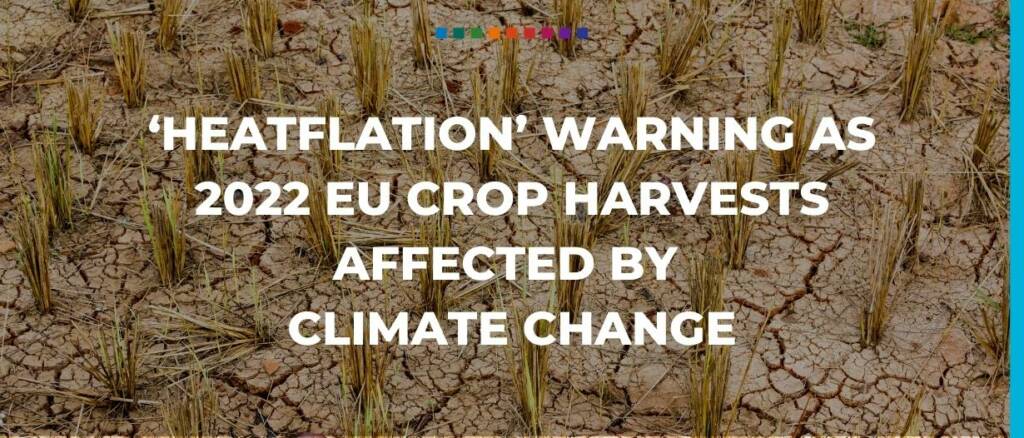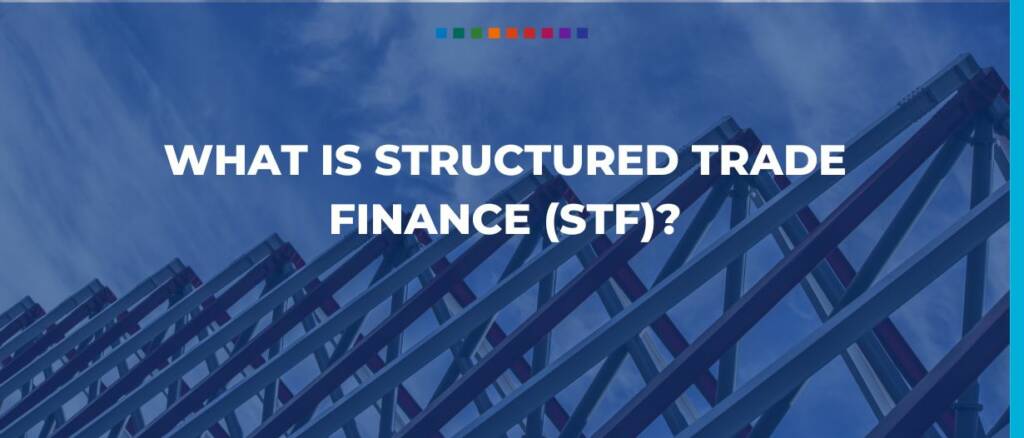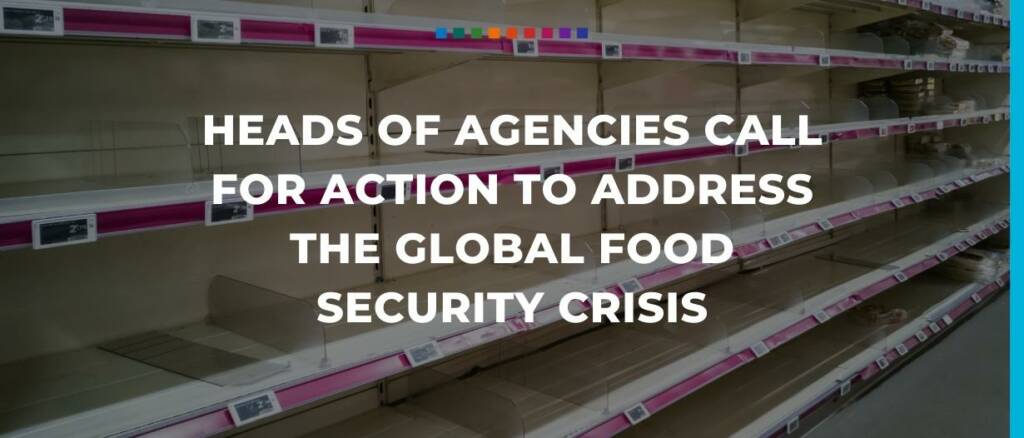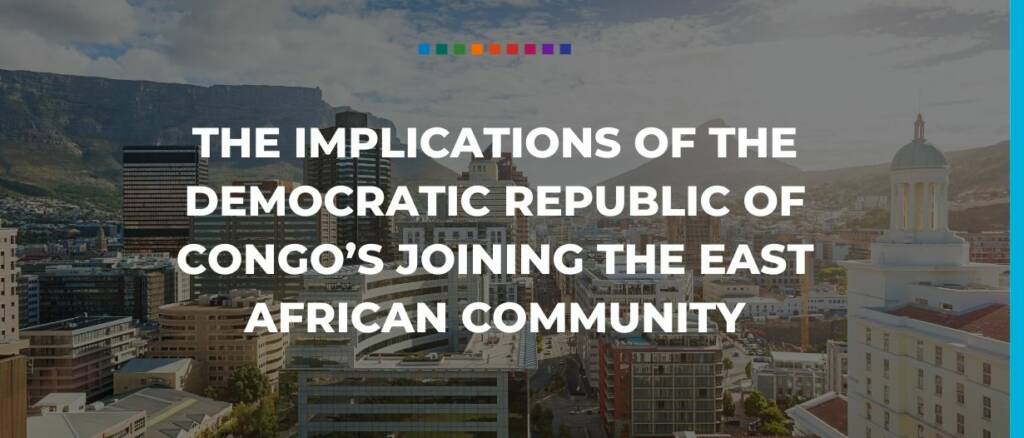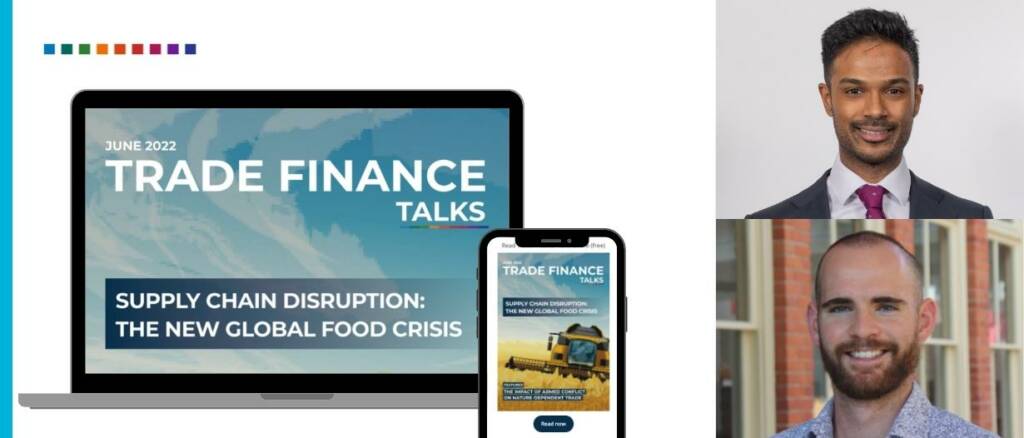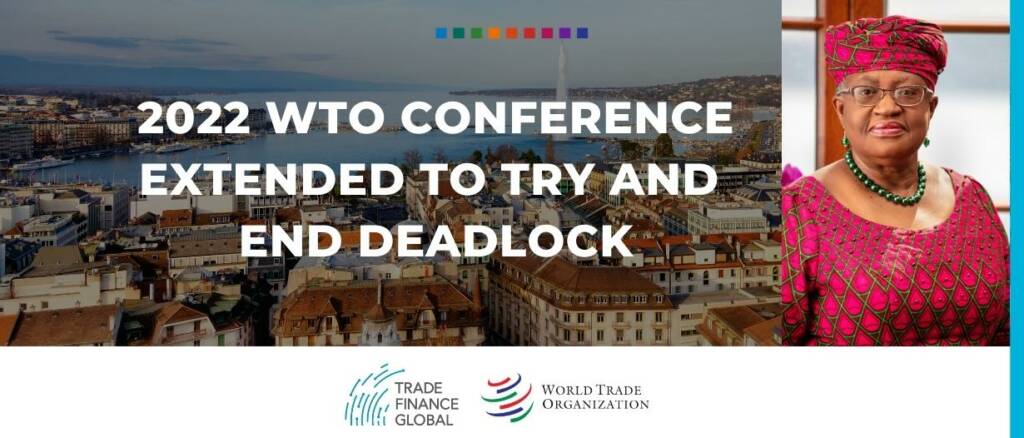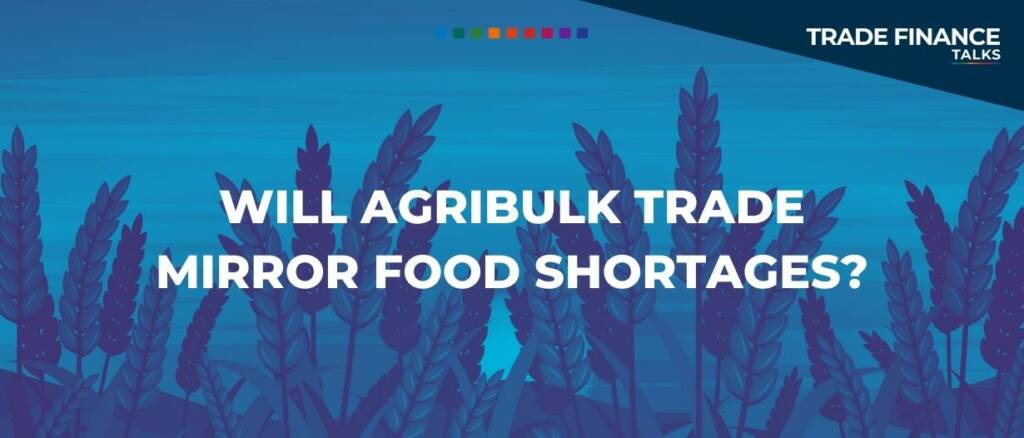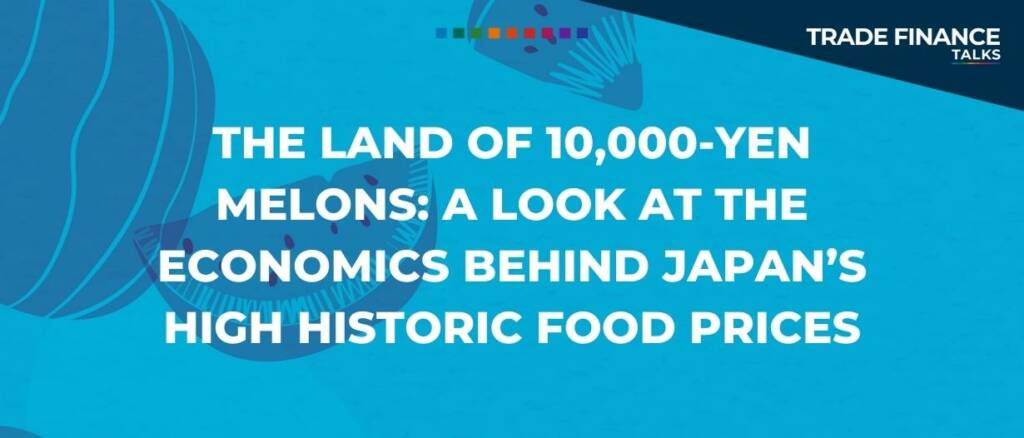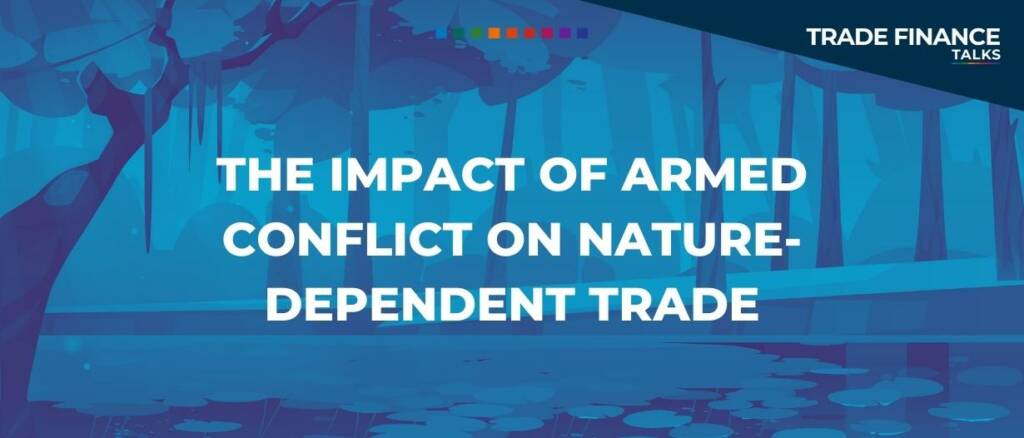Fears continue to grow over a potential global food security crisis as European farmers struggle to save their crops from extreme weather events.
Structured trade finance is a type of debt finance that structures trade finance products from across the supply chain together. Learn everything you need to know about structured trade finance here.
Reflecting back on key themes from the ExCred International 2022 conference in London, it is clear that the uncertainty of globalisation, driven by geopolitics, is a hot topic in today’s world.
A joint statement calling for action to address the global food security crisis was issued by the heads of the Food and Agriculture Organization (FAO), International Monetary Fund (IMF), World… read more →
The Democratic Republic of Congo (DRC) was admitted as the newest member of the East African Community (EAC)
The latest issue of TFG’s Trade Finance Talks, ‘Supply chain disruption: the new global food crisis’ is out now!
The WTO Director-General has extended the WTO Ministerial Conference by a day in a bid to secure some form of agreement around trade deals. With a potential food security crisis looming for developed countries, can an eleventh hour agreement be reached?
The UN’s World Food Programme has warned that the failure to open Black Sea ports is a declaration of war on global food insecurity and will lead to famine, destabilisation of nations, and mass migration by necessity.
Why exactly have the prices of food historically been higher in Japan? TFG’s Carter Hoffman investigates…
Over the last ten years, nature dependent exports accounted for 40% of annual world trade ($7.4 trillion) – 36% of which stemmed from non-democratic regimes, as defined by the Economist Intelligence Unit’s Democracy Index.















